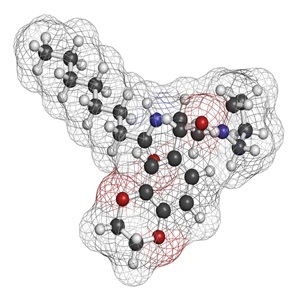
Description
Gaucher's disease is an inherited metabolic disorder in which harmful quantities of a fatty substance called glucocerebroside accumulate in the spleen, liver, lungs, bone marrow and in rare cases, the brain.
Three clinical forms (phenotypes) of Gaucher's disease are commonly recognized:
The first category, called Type 1, is by far the most common. Patients in this group usually bruise easily and experience fatigue due to anemia, low blood platelets, enlargement of the liver and spleen, weakening of the skeleton, and in some instances, lung and kidney impairment. There are no signs of brain involvement. The onset of clinical manifestations may be early in life, or delayed until adulthood.
The second group is classified as Type 2. In this form, liver and spleen enlargement are apparent by three months of age. In addition, there is extensive and progressive brain damage. These patients usually die by two years of age.
In the third category, called Type 3, liver and spleen enlargement is variable, and signs of brain involvement such as seizures gradually become apparent. All of these patients exhibit a deficiency of an enzyme called glucocerebrosidase that catalyzes the first step in the biodegradation of glucocerebroside.
Except for the brain, glucocerebroside arises mainly from the biodegradation of old red and white blood cells. In the brain, glucocerebroside arises from the turnover of complex lipids during brain development and the formation of the myelin sheath of nerves.
Prognosis
There is no permanent cure for Gaucher's Disease. The majority of individuals with this disorder need enzyme replacement therapy.
Treatment
Highly effective enzyme replacement therapy is available for patients with Type 1 Gaucher's disease. This therapy decreases liver and spleen size, reduces skeletal abnormalities, and successfully reverses other manifestations of the disorder including abnormal blood counts. There is currently no effective treatment for severe brain damage that may occur in patients with Types 2 and 3.
Reviewed by Dr P.H.S. van Zijl




 Publications
Publications
 Partners
Partners











